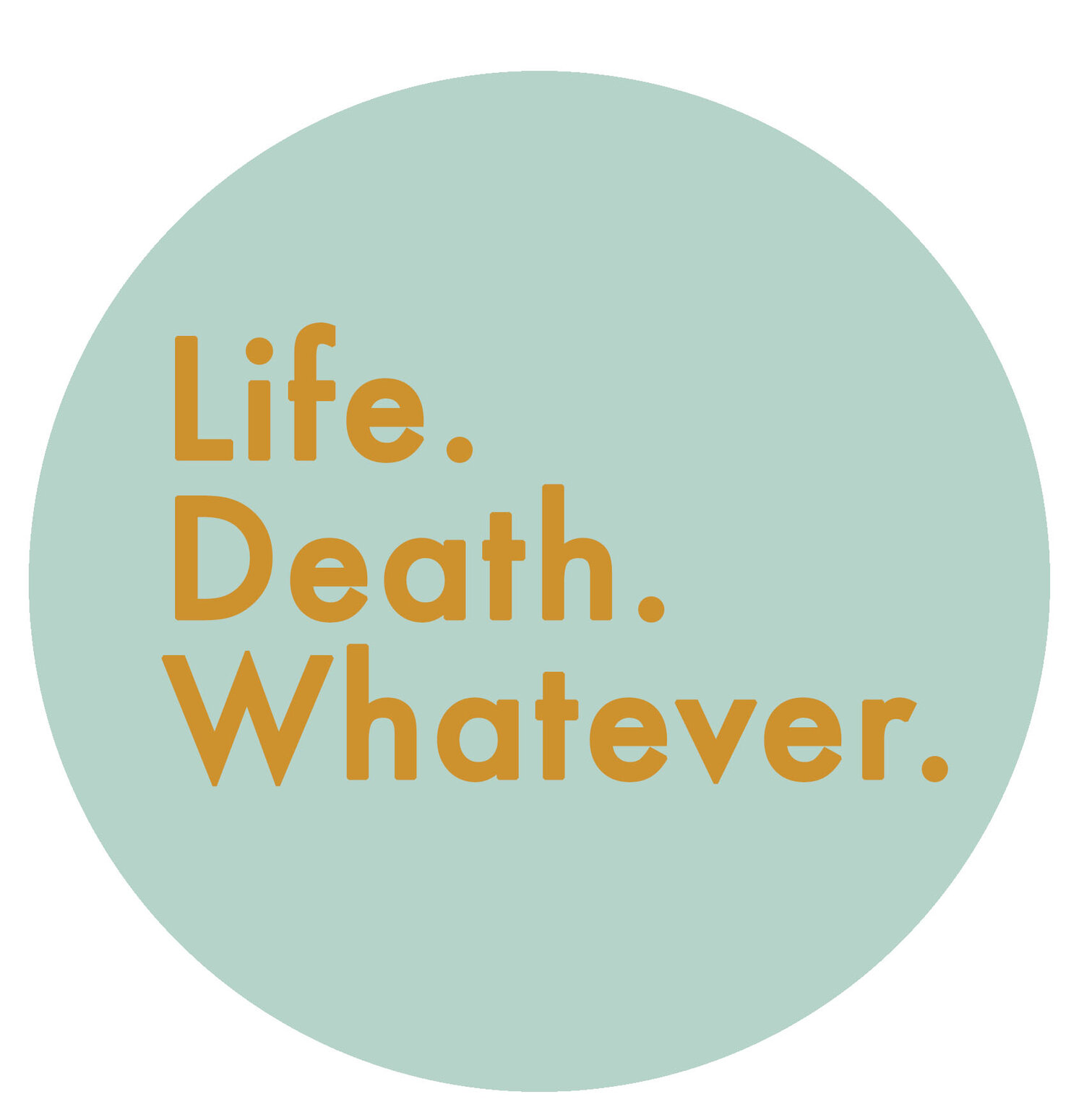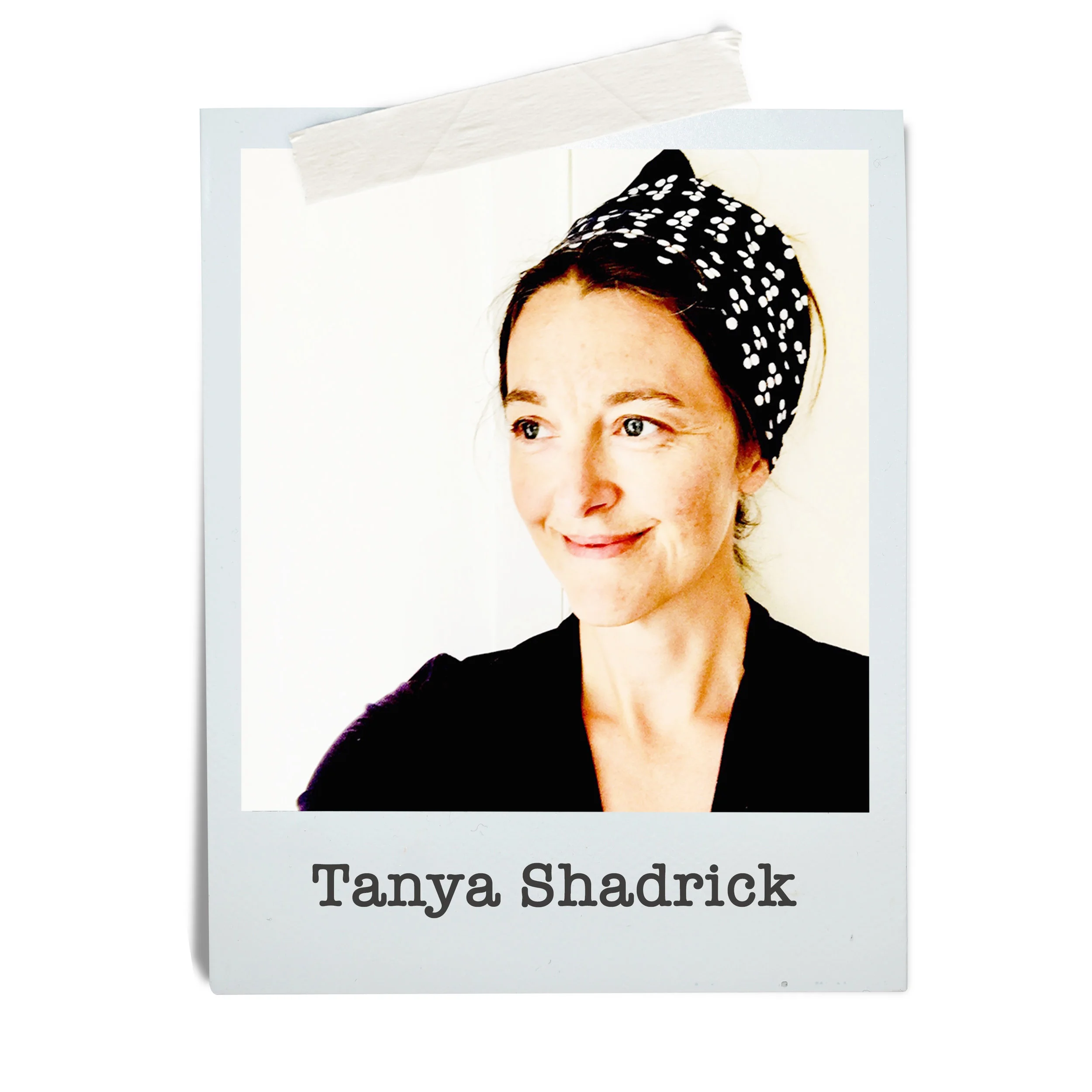By Tanya Shadrick
who had a near-death experience after the birth of her first child
1. My sudden near-death experience was a gift. A fortnight after the safe delivery of my first child, I almost died at home in minutes from an arterial haemmorhage: there was no pain, no warning, just a sudden rush of blood. There truly was no time to plan or prepare, and I felt the full force of regret: I’d always wanted to be a writer, and to live a life of service. If I survived, I promised myself I’d find a way to do both, however long it took.
2. Regrets at end of life are acutely painful. After my experience, I began working as a hospice lifestory scribe. I met with strangers in their homes or at bedside. As I guessed, my experience of regret was quite common. Career paths not taken; great loves lost or betrayed; personal truths hidden to fit in. It is hard to admit to these, and almost impossible to tell loved ones. If you have a friend or colleague who is dying, gently inviting talk on regrets and just listening to their thoughts, can be a great act of service, helping them meet their end with more calm and acceptance.
3. We never have as much time as we think. Hospice patients with months in which to put their emotional house in order, often didn’t. Putting photos in albums, making notes on family trees, recording their life story from beginning to end – there are often lots of plans at end of life, but our lifelong habits of procrastination don’t fix themselves with a terminal diagnosis. I became brave at saying: ‘We may only have today. Start anywhere, and say whatever is most vivid in your memory. Forget dutiful projects – just go for fragments, flashes.’
4. It’s okay to ask others for help with unfinished business. The visionary wild swimmer Lynne Roper got in touch with me in her last month of life, after reading my views on all this. She’d kept a swim diary for five years since surviving breast cancer, but was now too ill of a brain tumour to edit it and send it out for publication. Would I help her find readers for her work after her death? I went to her hospice, and we met just once. She entrusted her extraordinary writing to me and three years later her Wild Woman Swimming diaries are longlisted for the Wainwright Prize for UK Nature and Travel Writing. If you are dying, it’s okay to ask those around you for help with letter-writing, sorting through objects. You don’t have to do it all alone. If you have no close family, is there a neighbour you feel can be trusted? I’ve helped many people in my street in times of illness or grief.
5. Tell me, what is it you plan to do with your one wild and precious life?’ Mary Oliver’s poem The Summer Day is rightly loved, and her question a good one to ask on waking before the pressures of work and life fill the day. I didn’t change my life overnight after my near-death experience – I had a decade of working and mothering babies ahead! – but I did begin to navigate, slowly and steadily, by my deepest values. Every time I made a small creative act, or rendered a small kindness to someone, then that was me moving away from regret towards hope, meaning, connection.
About Tanya Shadrick
Tanya is a former hospice life-story scribe who now works as a writer in public spaces to encourage others to share stories and take creative risks. Her Wild Patience mile of writing - using scrolls of paper as long as the country’s oldest outdoor pool - asked swimmers when they felt most wild and free.
During her long-distance writing project, Tanya was contacted by the well-known wild swimmer Lynne Roper, who was in her last months of life. On the strength of just a single meeting with Lynne and her writing, Tanya made a promise to publish her posthumously. Three years later, the Wainwright Prize longlisted Wild Woman Swimming: A Journal of West Country Waters is the result. You can follow her on Instagram as @tanyashadrickwriter and @wildwomanswims and on Twitter as @tanyashadrick.
You can learn more about Tanya’s work and writing at www.tanyashadrick.com.



